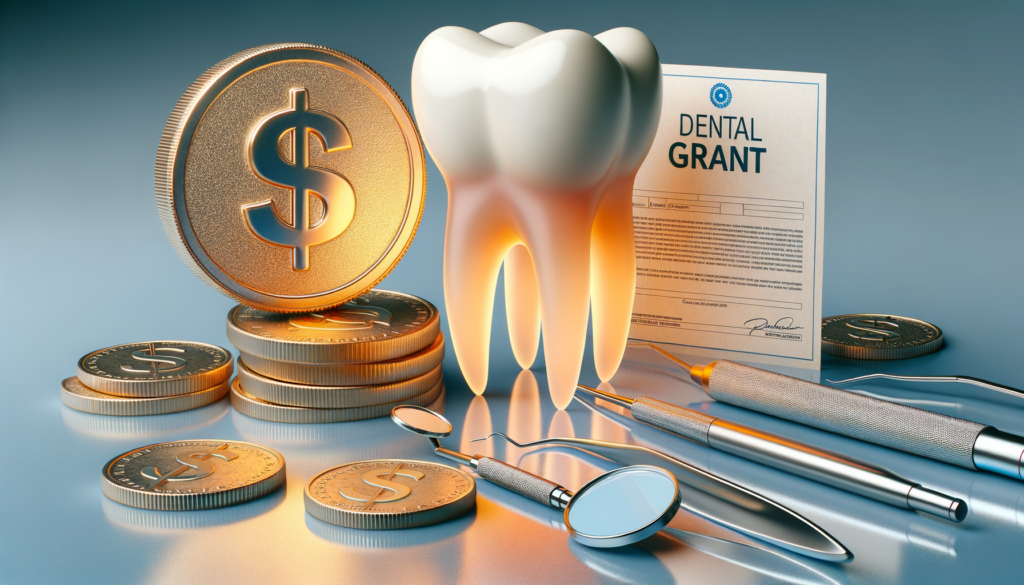The Technology Blog

Affordable Dental Implants – Grants Can Help Make It Possible in the UK
Understanding Dental Grants
Dental grants are financial aids designed to help individuals cover the cost of dental procedures, including implants. These grants are particularly beneficial for those who may not have the financial means to afford dental treatments that are essential for maintaining oral health and improving quality of life. In the UK, dental implants can be quite expensive, often leading individuals to seek alternative solutions. Dental grants provide a viable option for those looking to restore their smiles without the burden of high costs.
Grants are typically offered by various organizations, including non-profits, government bodies, and sometimes dental associations. These programs aim to make dental care more accessible, especially for vulnerable populations such as the elderly, low-income families, and individuals with disabilities. The application process for these grants usually involves demonstrating financial need and providing documentation that supports the necessity of the dental procedure.
It’s important to note that while dental grants can significantly reduce the cost of implants, they may not cover the entire expense. Applicants may still need to contribute a portion of the cost, but the financial relief provided can make the procedure much more attainable. For those interested in applying, researching available programs and understanding the eligibility criteria is crucial.
Types of Dental Grants Available
Several types of dental grants are available in the UK, each catering to different needs and circumstances. These grants can be classified into a few categories:
- Government-Funded Grants: These are typically available through national health services or local councils. They are designed to support individuals who require essential dental work but cannot afford it. Eligibility often depends on income level and specific health needs.
- Charitable Organization Grants: Various charities offer grants aimed at specific groups, such as children, the elderly, or those with specific health conditions. These organizations often work closely with dental clinics to provide reduced-cost services.
- Dental School Programs: Some dental schools offer reduced-cost services as part of their training programs. While not a grant in the traditional sense, these programs provide affordable options for those willing to receive treatment from supervised students.
Each type of grant has its own set of requirements and application processes. Potential applicants should carefully review the terms and conditions of each program to determine which one best suits their needs. Additionally, reaching out to local dental clinics can provide further guidance on available options and assistance with the application process.
Applying for Dental Grants: A Step-by-Step Guide
Applying for dental grants can seem daunting, but following a structured approach can simplify the process. Here’s a step-by-step guide to help you navigate the application:
- Research Available Grants: Start by identifying the grants available in your area. Look for programs offered by government bodies, non-profits, and dental organizations. Online resources and local dental clinics can be valuable sources of information.
- Check Eligibility Criteria: Each grant will have specific eligibility requirements. Ensure you meet these criteria before applying. Common requirements include proof of income, residency, and medical necessity for the procedure.
- Gather Necessary Documentation: Prepare all required documents, such as proof of income, identification, and any medical records that support your need for dental implants. Having these documents ready will streamline the application process.
- Submit Your Application: Follow the application instructions carefully. Some grants may require online submissions, while others might need paper applications. Ensure that all information is accurate and complete to avoid delays.
- Follow Up: After submitting your application, follow up with the granting organization to confirm receipt and inquire about the timeline for decisions. This step demonstrates your commitment and may expedite the process.
By following these steps, you can increase your chances of securing a dental grant. Remember, persistence is key, and exploring multiple grant opportunities can improve your odds of receiving financial assistance for dental implants.









